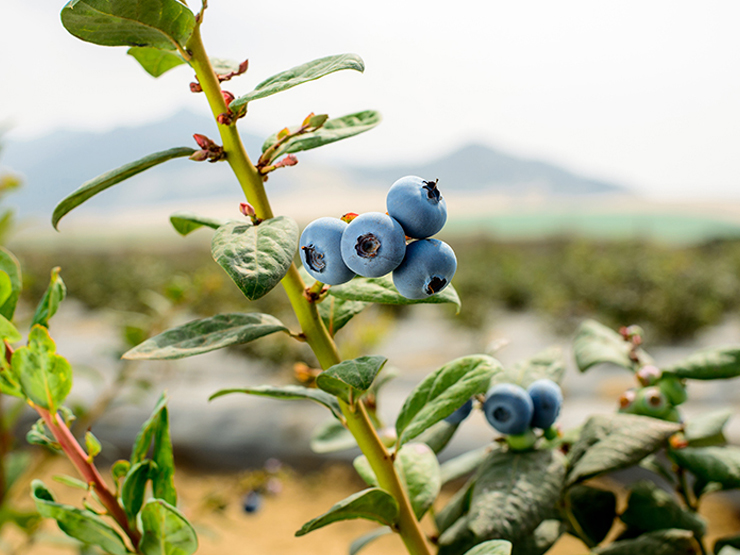
Jorge Pazos, president of the Argentine Blueberry Committee, explains how shippers are making the most of the fall in Peruvian and Chilean production this season.
by Maura Maxwell – @maurafruitnet
Jorge, the drop-off in Peruvian blueberry volumes caused by El Niño must have created a good window for Argentine blueberries this year…
Jorge Pazos: Temperatures in Peru have been 4-5oC higher than average due to El Niño and this has led to a decrease in production volumes and lower exports during the weeks in which supply transitions from the Northern to the Southern Hemisphere.
As a result, we’re seeing greater demand from our customers in the early window, which we’re trying to meet both through regular programmes with our established customers and, through the spot market.
Does this mean that you’ve sent a bigger proportion of your early volume by air in order to reach markets in a more timely manner?
JP: Yes, early shipments so far have been via air. Argentina has a good logistics platform and enough capacity to be able to respond to demand immediately. Prices have improved compared to previous seasons and I think that if Peru regulates its available supply
over the coming months, prices will remain stable and Southern Hemisphere producers will have a profitable season.
How has the Argentine blueberry sector sought to defend its position in the market against bigger
Argentina is also working hard to increase domestic blueberry consumption. How is this going?
JP: A few years ago we launched a national marketing campaign, #BetterWithBlueberries, which focuses on bringing blueberries to as wide an audience as possible by organising activities at sports events, meetings, schools and other such things and highlighting the benefits of regular blueberry consumption. These have been highly effective – today, Argentina is our second biggest and our volumes are increasing every year.
Finally, how do you see the future for Argentina’s blueberry business? Do you think the country will be able to maintain its position in the market in the face of growing competition from other producers?
JP: Competing is healthy and requires us to rethink the production matrix to improve quality and yields. We’ve also redoubled our promotional efforts in new markets like Brazil and Israel, to name just two.






